Xi Jinping’s Central Committee and the Military in Fierce Infighting (Graphic by People News)
[People News] As the year draws to a close, the upper echelons of the Chinese military appear to be embroiled in a turbulent power struggle. Recent reports on activities across various military branches have significantly downplayed mentions of "Xi Jinping Thought," "following Chairman Xi’s command," and the "Central Military Commission (CMC) responsibility system." Traditionally, year-end summaries and activities prominently emphasize the core leader’s authority through annual reports, speeches, and subordinates' pledges of allegiance.The Recent Military Incident Drawing the Most Attention: Defense Minister Dong Jun
One of the most unusual developments in the military recently has been the disappearance of Defense Minister Dong Jun. Analysts suggest that Dong is in trouble, with his issues allegedly tied to Miao Hua and Yuan Huazhi.
Upon reviewing the CCP Ministry of National Defense website, it was noted that Miao Hua's last public appearance was on December 20, 2024. Reports state that he visited Vietnam and met with Nguyen Phu Trong, the General Secretary of the Communist Party of Vietnam, in Hanoi. Since then, there has been no news of him. Subsequently, international engagements originally scheduled for the Ministry of National Defense have been taken over by Liu Zhenli, a member of the CMC and Chief of the Joint Staff Department. For instance, last week, Liu Zhenli visited Malaysia and met with Malaysia’s Defense Minister Khalid and Armed Forces Commander Mohamed. Military media reported that Liu and his counterparts exchanged views on international and regional issues as well as bilateral military relations. On January 8, Liu Zhenli also met with Malaysian Prime Minister Anwar Ibrahim in Putrajaya, in a highly significant meeting. Speaking in a tone more befitting a foreign minister, Liu remarked: "Under the strategic guidance of our two countries' leaders, the construction of a China-Malaysia community with a shared future has reached new heights. China (the CCP) is willing to deepen friendly exchanges and pragmatic cooperation in all areas between our two militaries."
After departing Malaysia, Liu Zhenli immediately visited Indonesia, where he met with Indonesia's Defense Minister Prabowo Subianto and Commander of the National Armed Forces Agus Subiyanto in Jakarta. Similarly, Liu spoke in a manner consistent with that of a defense minister, stating: "China (the CCP) views China-Indonesia relations from a strategic and long-term perspective. The Chinese military is willing to work with the Indonesian side to seize the opportunity presented by the 75th anniversary of diplomatic relations between our two countries to create new highlights and achievements in military cooperation."
Normally, meetings between defense ministers should involve the Chinese Defense Minister as a counterpart. However, the CCP sent a Chief of Staff instead. Despite this mismatch, Liu Zhenli received grand welcoming ceremonies in both Malaysia and Indonesia. In Indonesia, he even reviewed a three-service honor guard—a level of protocol typically reserved for heads of state. This high-level treatment suggests that Malaysia and Indonesia might have detected some significant changes within the CCP's power dynamics.
Political Analyst Chen Pokong analyzed the situation, suggesting that rumors of Dong Jun’s downfall are logically consistent: 1.Dong was not appointed State Councilor at last year’s Two Sessions nor made a member of the Central Military Commission (CMC) during the Third Plenum, indicating Xi Jinping’s distrust. 2. After Li Shangfu’s fall, Liu Zhenli was the most likely candidate to replace him as Defense Minister. Liu had already been performing duties expected of a Defense Minister at international military forums, such as the Xiangshan Forum. However, unexpectedly, Miao Hua, previously unknown to outsiders, was appointed as Defense Minister. The reason, according to Chen, lies in factional politics: Liu Zhenli is associated with Zhang Youxia’s faction and was not trusted by Xi. Conversely, Miao Hua, a loyalist to Xi, was seen as more reliable. Miao Hua’s subsequent troubles cast suspicion on those he had promoted or recommended. These include officials like: Wang Chunning, Commander of the People’s Armed Police; Qin Shengxiang, former Political Commissar of the Navy; Yuan Huazhi, former Political Commissar of the Navy; Wang Houbin, Commander of the Rocket Force. As a subordinate of Miao Hua, Dong Jun likely became implicated and was exposed during this power struggle. Zhang Youxia’s faction, having long been sidelined by Xi’s loyalists, would naturally seize any opportunity to retaliate by targeting figures like Dong Jun.
On November 27, 2024, the Financial Times reported, citing current and former U.S. officials, that the CCP was investigating Dong Jun. The following day, the CCP Ministry of National Defense vehemently denied the allegations, labeling them “malicious” and “ill-intentioned.” The CCP even arranged a public appearance for Dong Jun to dispel the rumors. However, insiders later revealed that Dong had indeed been subjected to a routine investigation due to his association with Miao Hua but was temporarily allowed to return home.
Now, with Dong Jun “missing” for nearly a month, if the rumors prove true, it would indicate that infighting within the military leadership has intensified. As Xi Jinping himself once stated, failing to carry out “self-revolution” could lead to the party’s collapse. The pattern of disappearances among top officials aligns with the CCP's approach of targeting “tigers” (high-ranking officials) during anti-corruption campaigns. The military's deep-rooted corruption has often been used as a tool for factional purges. Previously, anti-corruption efforts targeted Zhang Youxia’s faction. The selective focus raised questions about fairness and integrity. If Zhang Youxia’s faction continues to face pressure, it may escalate the conflict to a breaking point within the CMC.
According to CCP insiders, Miao Hua’s downfall has implicated over 108 generals, with more than 500 senior officers at the colonel and senior colonel levels being labeled as his loyalists. Xi Jinping’s anti-corruption efforts now aim to eliminate these connections. Xi has repeatedly emphasized during military inspections the need for the armed forces to remain “absolutely loyal and absolutely reliable.” For figures like Miao Hua and Dong Jun, who fail to earn the trust of both Xi Jinping and Zhang Youxia, their fate seems bleak no matter how the power struggle unfolds.

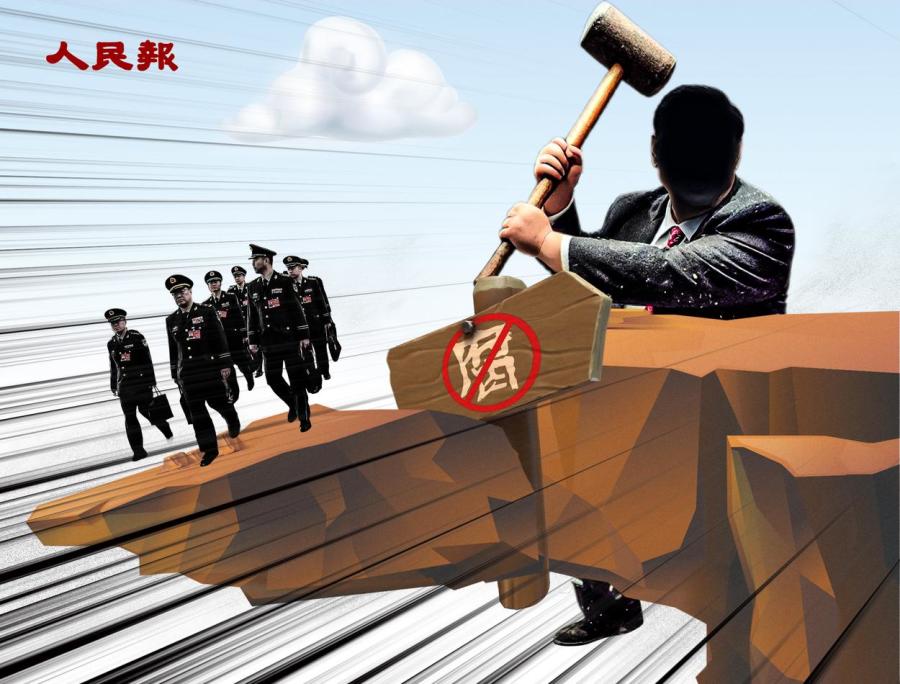
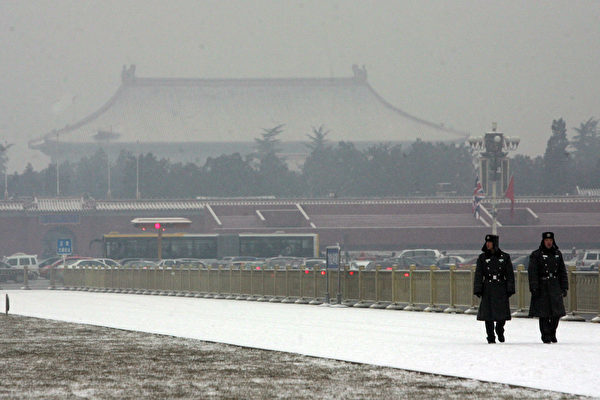
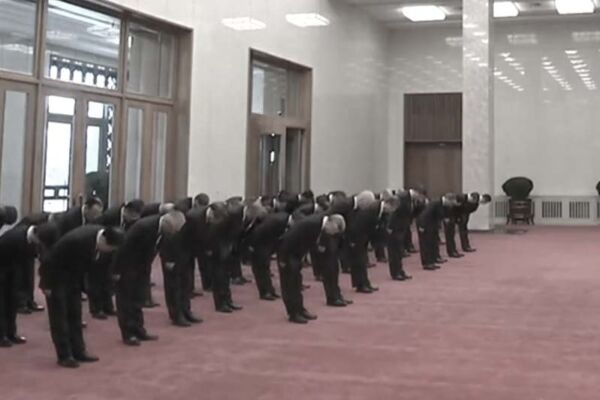

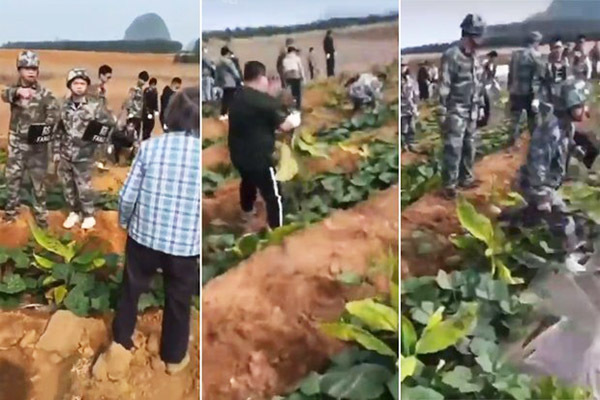
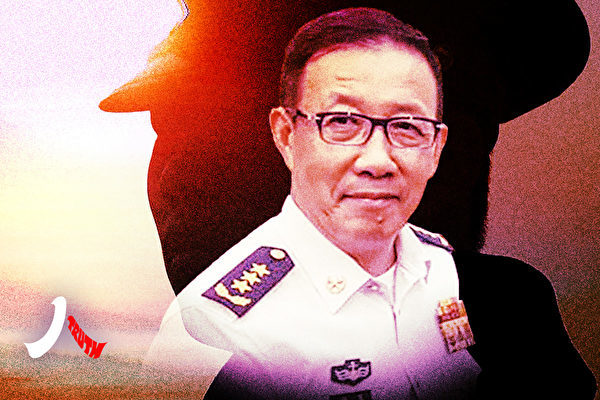


News magazine bootstrap themes!
I like this themes, fast loading and look profesional
Thank you Carlos!
You're welcome!
Please support me with give positive rating!
Yes Sure!